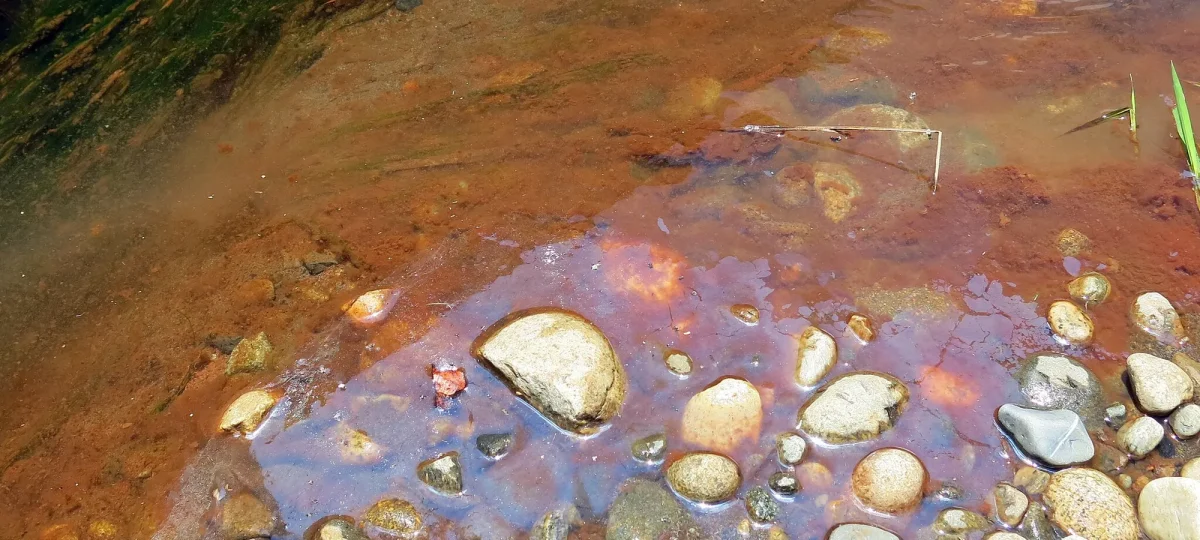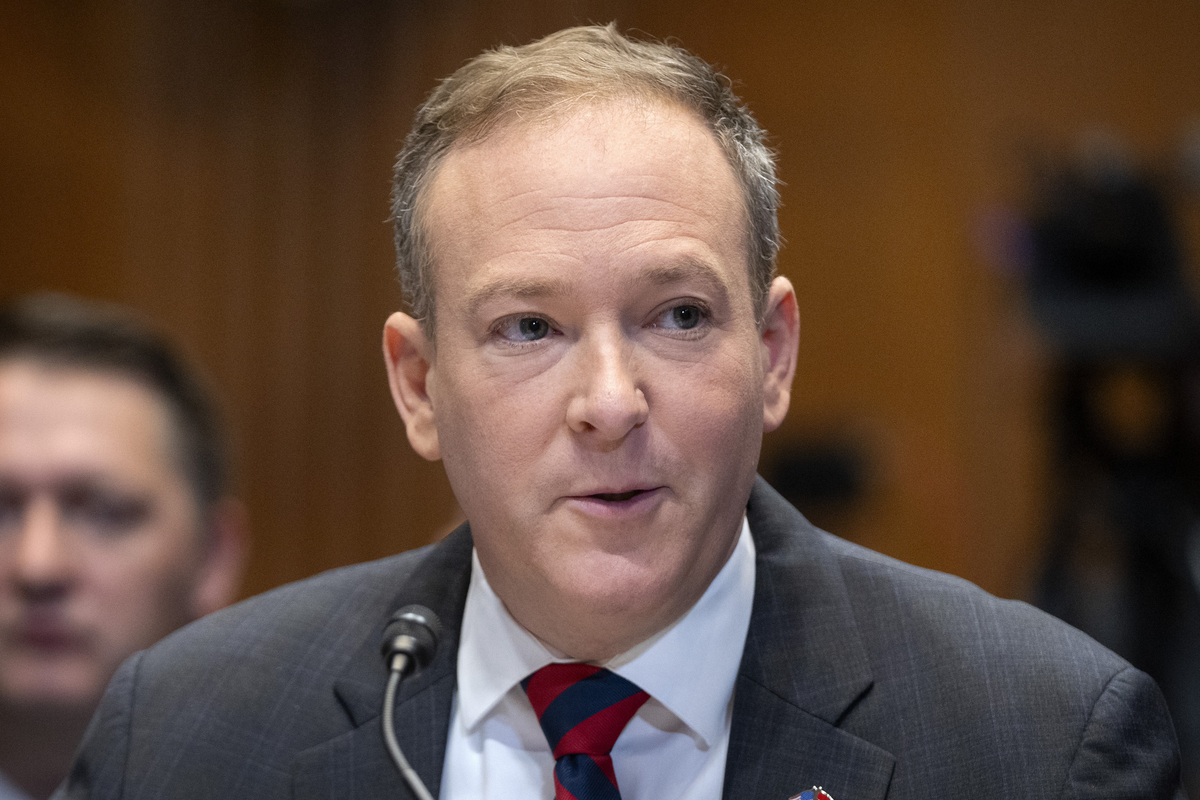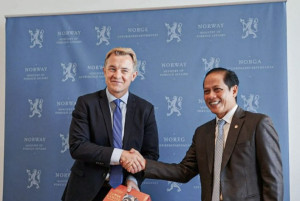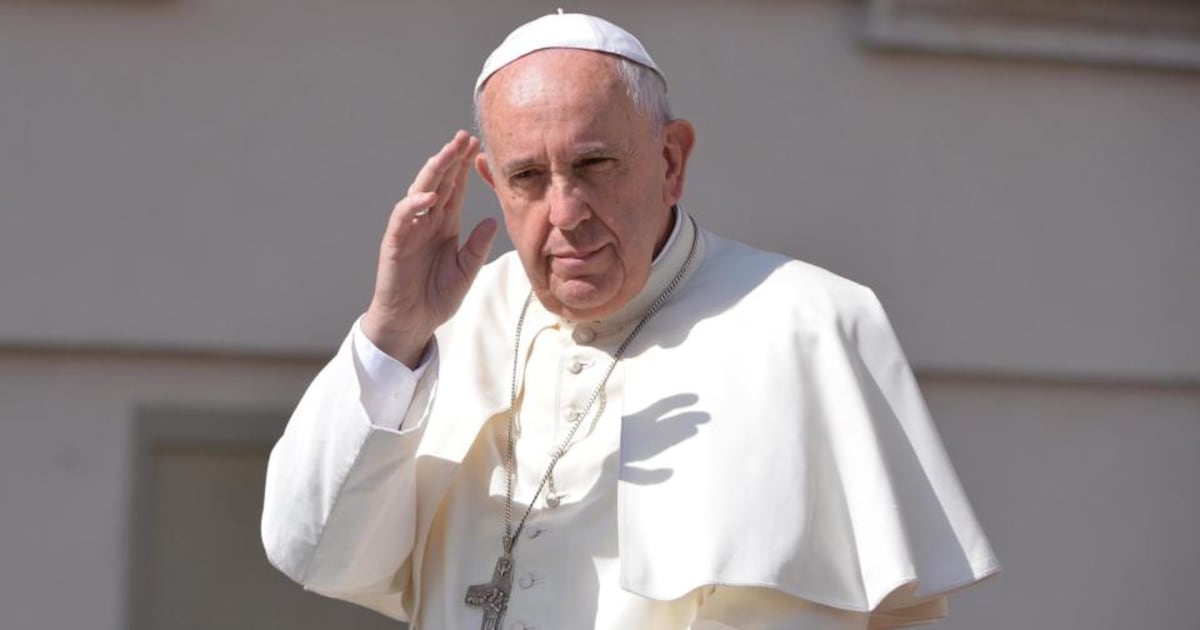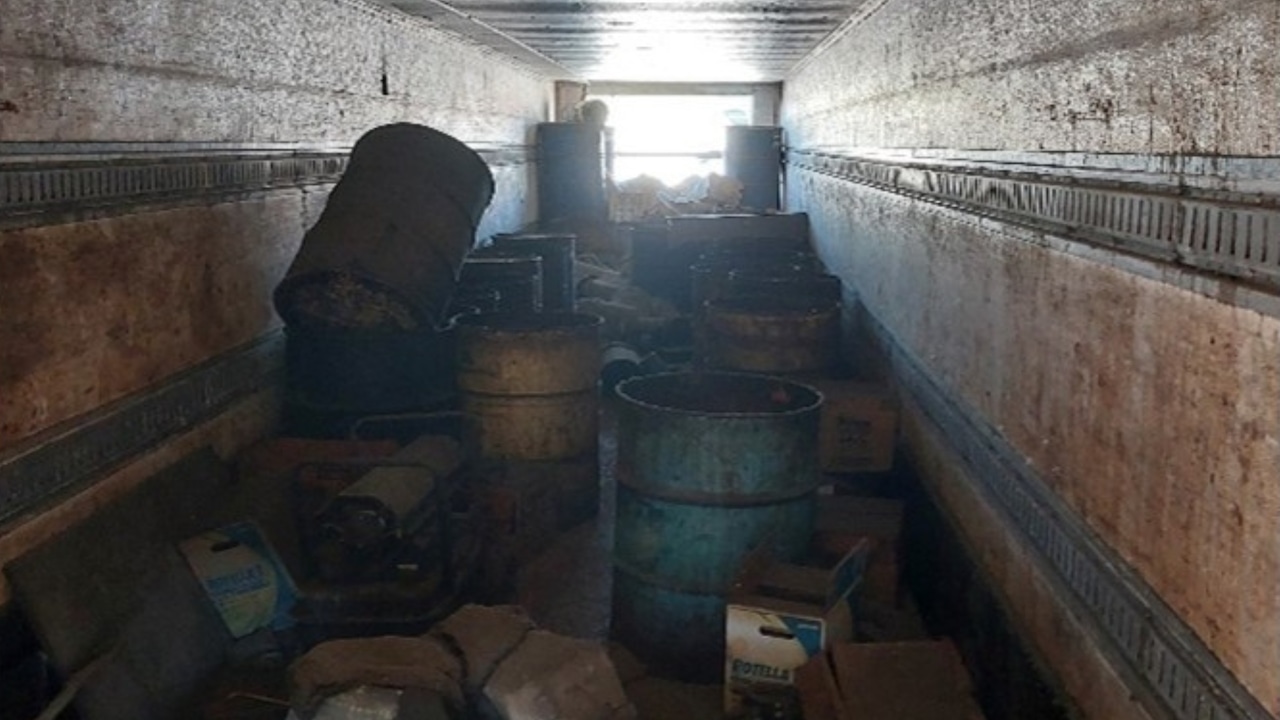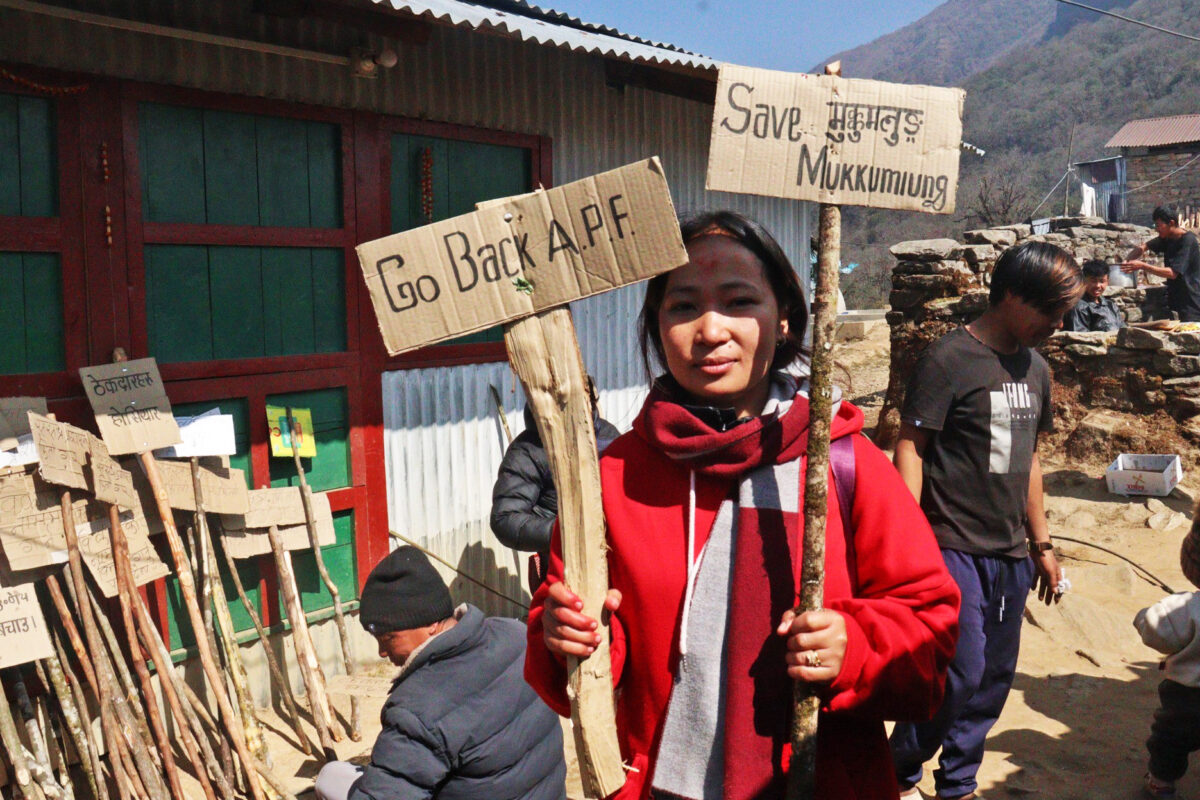
Himalayan Controversy: Nepal's Cable Car Project Sparks Environmental Outcry
In a stunning revelation that has sparked environmental and cultural concerns, the proposed cable car project in Nepal's sacred Indigenous lands has come under intense scrutiny. A comprehensive review of the project's environmental impact assessment has uncovered a series of critical flaws and potential misrepresentations. Experts have discovered significant irregularities in the initial environmental examination (IEE), including alarming omissions of crucial ecological data and apparent attempts to circumvent rigorous environmental evaluation protocols. The assessment's shortcomings suggest a troubling disregard for the delicate ecosystem and the cultural significance of the region. The cable car project, which has long been controversial among local Indigenous communities, now faces renewed opposition based on these environmental assessment failures. Environmentalists and community leaders argue that the documented errors not only compromise the project's ecological integrity but also demonstrate a lack of respect for the sacred landscape and its traditional inhabitants. The revelations have intensified calls for a comprehensive and transparent re-evaluation of the project, with stakeholders demanding a more thorough and scientifically robust environmental impact study that genuinely considers the ecological and cultural dimensions of the proposed development. As the debate continues, the cable car project stands at a critical juncture, with its future hanging in the balance amid mounting environmental and cultural concerns.

